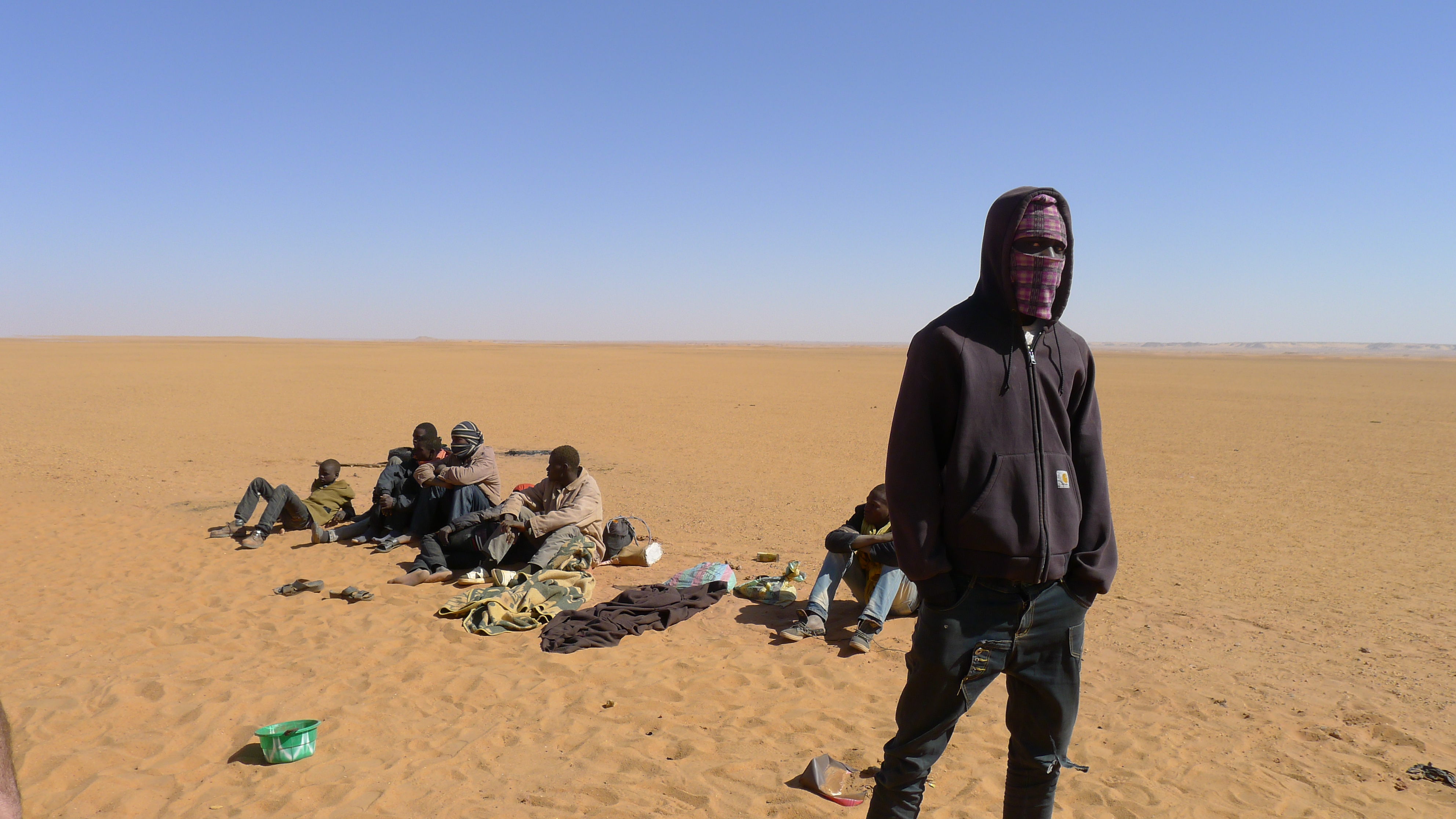As the number of migrants and refugees arriving by boat from Libya to Italy continues to grow, the Italian government has announced it is investigating whether so-called Islamic State is profiting from people smuggling in Libya. But should the Italian government, which has a dubious record of cooperation with Libya on migration matters, be praised for raising concern about the possible link between IS and people smuggling or treated with suspicion given its interest in preventing these arrivals by sea to its territory?
It is no secret that organised criminal groups, including the Sicilian mafia, make large amounts of money from people smuggling and trafficking. These profits actually exceed the contributions made by Western governments to address irregular migration. Cathryn Costello from Oxford University’s Refugee Studies Centre has estimated that smugglers’ revenues in Turkey alone last year were as much as 800 million euros, while a joint report published in May by Interpol and Europol estimated that migrant and refugee smuggling networks earned between $5 billion and $6 billion in 2015. For comparison, the entire EU Asylum, Migration and Integration Fund is 3.137 billion euros for seven years.
Smuggling has a long history in Libya. For many marginalised southern tribes, it is their main livelihood in a part of the country where few other economic opportunities exist. The lucrative and inter-connected smuggling of drugs, alcohol, cigarettes, and migrants by Tuareg tribes and the Tubu ethnic group operating in the south has been well documented by groups such as the Small Arms Survey for some years now, with the smuggling of weapons a more recent and even greater concern. Heading further north to where boats depart for Europe, there is a similar story of exploitation of migrants and refugees at the hands of people smugglers, corrupt state officials, and locals who all profit from their presence in the country. For example, coastguards are paid to look the other way when boats depart, detention centre guards are bribed to allow migrants and refugees to be released and local Libyans benefit from the informal labour of migrants and refugees who may be working to pay for their passage to Europe.
Similar patterns of exploitation have been identified in other transit countries such as Indonesia and in Turkey, where a whole micro-economy emerged last year in coastal towns selling items such as life-jackets to migrants and refugees. This more locally oriented profiteering may be less obvious and less reported than large-scale people smuggling but it is equally entrenched and just as lucrative.
Both these micro-economies and the people smuggling market have emerged and flourished as a direct result of increasingly restrictive asylum policies and harsh border regimes initiated by the EU and its member states. As long as there are no legal routes to Europe, people profiting from irregular migration effectively have the sole market share in this booming business.
If meaningful resettlement pathways were opened up (not just from Libya but also from other countries along the routes from sub-Saharan Africa), or if schemes for temporary labour migration were piloted, migrants and refugees would have viable alternatives to risky and unsafe irregular migration by boat. The EU could also support Libya in establishing an immigration department that could provide migrants and refugees with access to documentation as a first step towards taking irregular migration out of the hands of militia groups and placing it under the control of the government.
The EU-Turkey migration deal has set a dangerous precedent whereby international protection can be disregarded in order to reduce irregular boat arrivals. Italy has a history of making agreements with Libya to stop irregular migration, such as its 2008 Treaty on Friendship, Partnership and Cooperation with the Gaddafi regime. By voicing “concerns” about IS involvement it could now be paving the way for a similar migration-focused intervention. Irrespective of large-scale people smuggling, the micro-economies of smuggling in Libya and elsewhere will continue to thrive until realistic plans are implemented to regularise migration. Rather than blaming extremist groups for people smuggling, EU governments should look at the role their own policies play in boosting irregular migration and smuggling networks.





